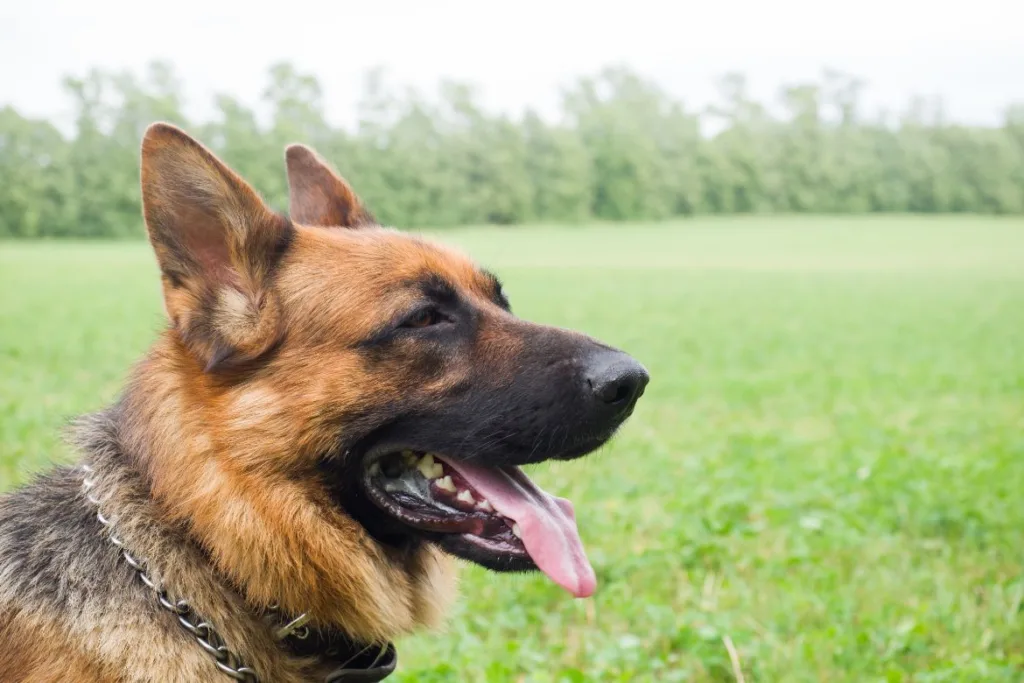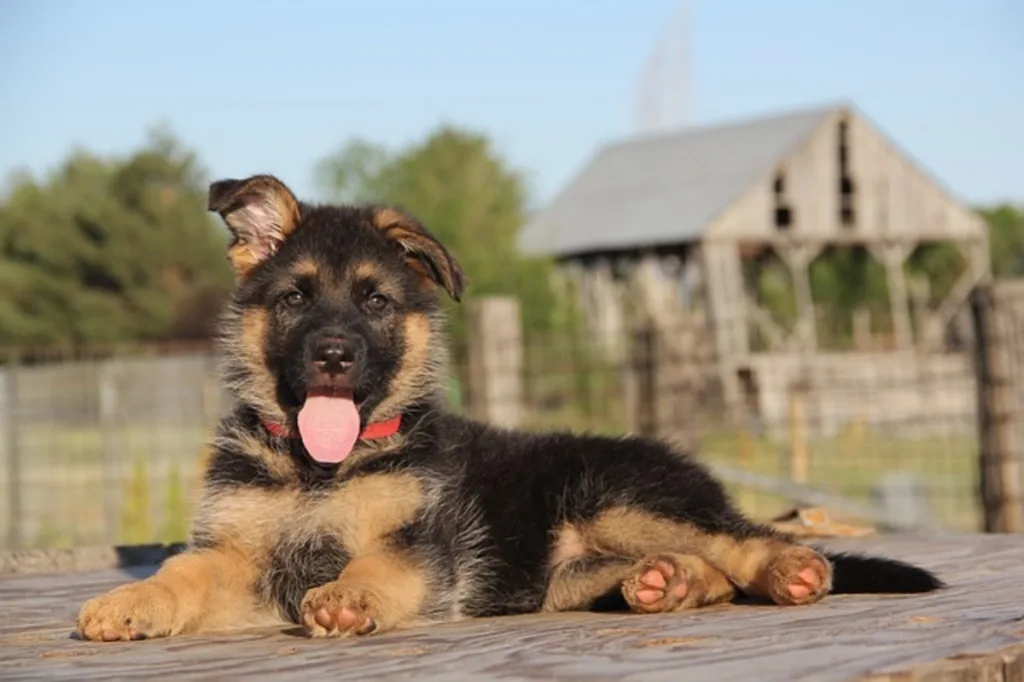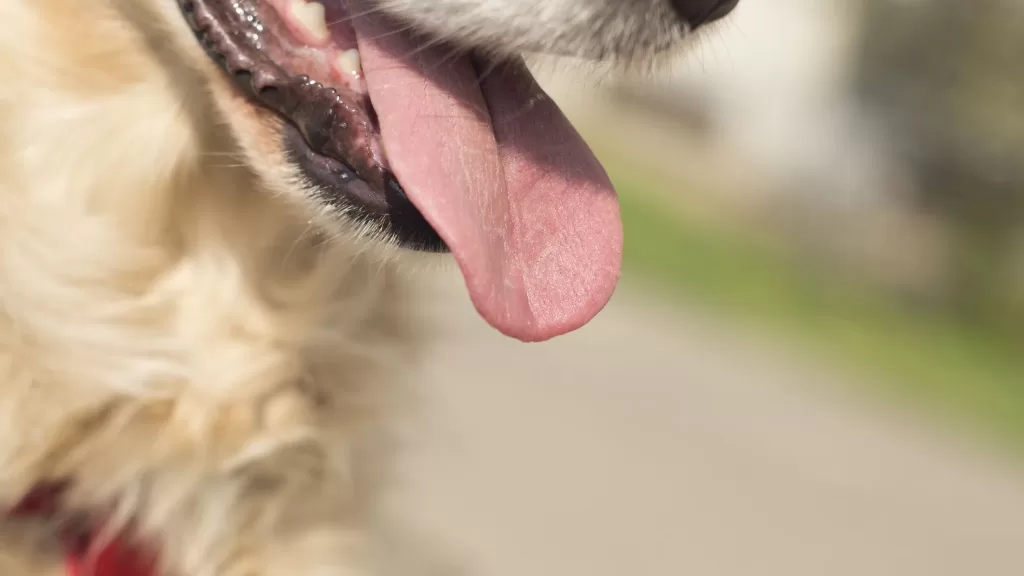Heavy breathing in dogs and puppies can be characterized by rapid, strenuous, or difficult breathing. Although this is a normal reaction if your dog is playing or trying to cool down, there are certain conditions associated with it.
Rapid and heavy breathing can be a sign of another serious health problem or, if severe enough, a sign that your dog is not getting enough oxygen to its tissues and organs.
What causes heavy breathing in dogs?

Since dogs do not sweat, Ponting can help keep them cool after exercise or in hot weather. Some dog breeds, such as the French Bulldogs and Pugs, can breathe heavily due to their short beaks.
Also Read: Dog Breathing Fast? Tachypnea in Dogs! Treatment
However, there are certain conditions and illnesses that can cause excessive breathing in dogs, including:
- Respiratory conditions, including chronic bronchitis
- Fluid in the lungs or lung cavity
- Heart failure
- Cushing’s syndrome
- Poisoning by ingestion of a toxic substance1
- Side effects of medications
- Injury
Heavy Breath Vs. Normal breathing in dogs
In healthy dogs, normal breathing should not be difficult. The normal breathing rate for dogs is between 10 and 35 breaths per minute, and the average dog takes 24 breaths per minute at rest. If your dog exhibits constant heavy breathing during rest, it indicates a serious health problem.
Heavy breathing in puppies

In general, puppies have higher respiratory and heart rate rates than adult dogs. The normal breathing rate for a puppy is between 15-40 breaths per minute.4
Puppies breathe faster when they are asleep, which is a response to what they are dreaming about.
It usually occurs during the REM (rapid eye movement) phase of the sleep cycle and may be accompanied by whimpers or leg movements – all of which are completely normal.
Young children are at risk for infections and infections that affect the lungs, so if you suspect your puppy may be outside the routine, take them to a veterinarian as soon as possible.
When to worry about your dog’s heavy breathing?
It is natural for dogs to pant or breathe heavily after exercise (walking or running), playing, or in hot weather where they need to stay cool. In most cases, this is not the cause of the alarm.
However, you should be concerned about your dog’s breathing:
1. Your dog breathes heavily at rest
If your dog breathes heavily at rest, it could be a red flag for many serious health problems. Observe your dog’s breathing and if the problem persists, take them to a veterinarian.
2. Your dog may exhibit pale or blue gums when breathing heavily
If your dog’s gums turn pale or blue, seek medical help immediately. This indicates that your dog is not getting enough oxygen and is in a fatal condition.
3. Your dog has a closed or partially open mouth
Although ponting is common in dogs, if your dog breathes heavily with the mouth closed or partially open, it may be a sign of something more serious and should receive medical attention.
4. Your dog coughs and breathes heavily
If your dog has a cough and shortness of breath, it may be a sign of chronic bronchitis or another serious respiratory problem.
5. Your dog looks distressed
The dog in distress may be restless, hungry, and trying to hide. Your dog may show other signs of stress such as pinning back rather than relaxing the tail between the legs and ears.8
If your dog shows signs of pain and is breathing heavily, take them to a veterinarian as soon as possible.
6. Your dog is breathing heavily and making other noises
If your dog is having trouble breathing, it may also make other noises such as snoring, wheezing, or wheezing. These are common symptoms of other respiratory conditions, such as chronic bronchitis.
Treatment for heavy breathing in dogs
Treatment for heavy breathing in dogs varies depending on the underlying cause. Listen to your veterinarian’s advice and treat your dog as instructed.
Dogs with respiratory problems may need special medications, such as corticosteroids and/or bronchodilators, to help them breathe easier and manage their symptoms.
Oxygen therapy may be needed to stabilize your dog’s condition and ensure that their organs are getting enough oxygen.

